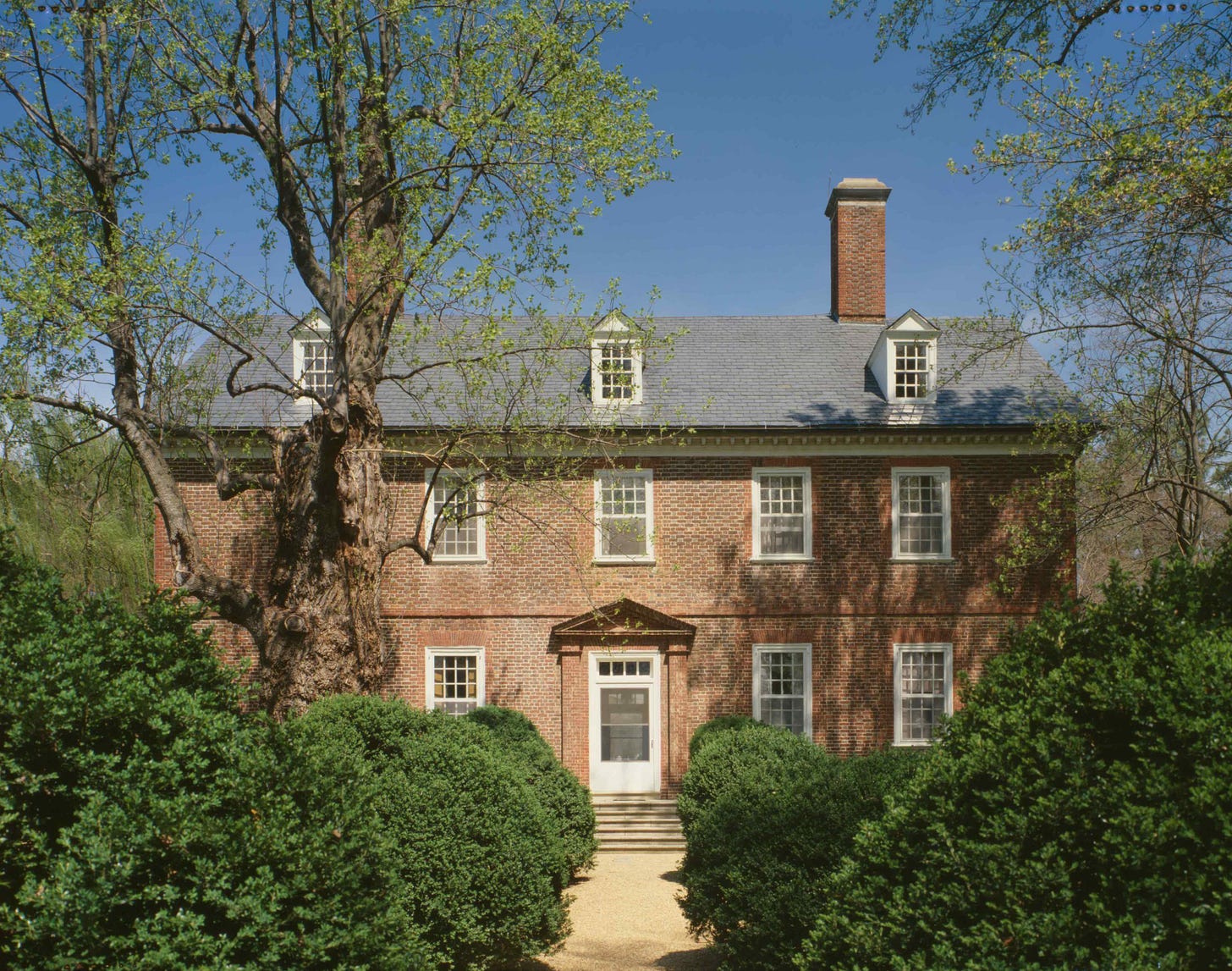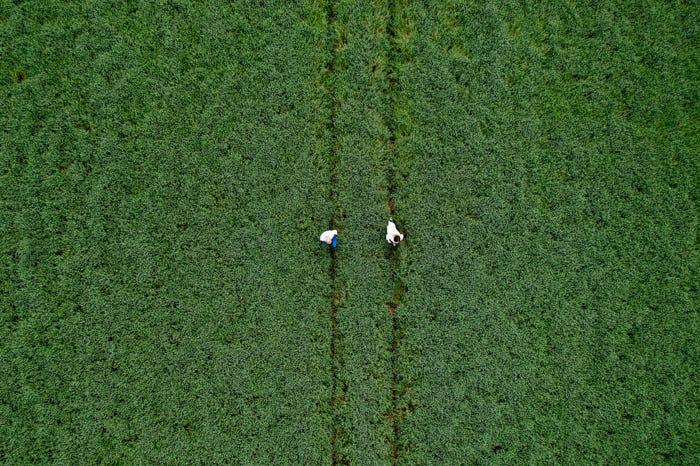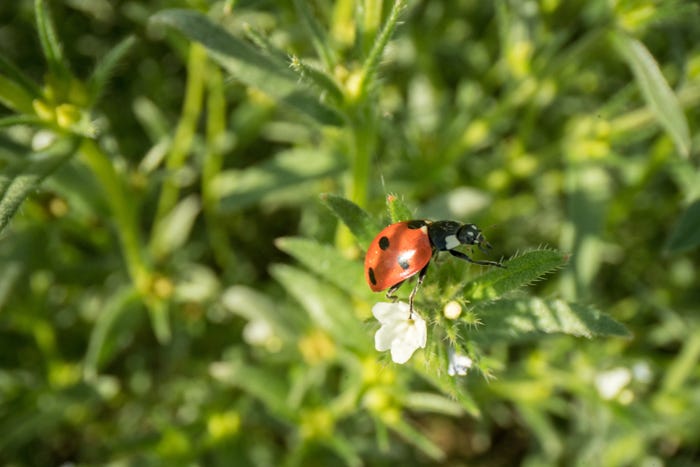Ahiflowers, a Forgotten Thanksgiving, and a Pirate Jamboree
Discover the treasures of coastal North Carolina and Virginia
The coastal regions of North Carolina and Virginia inspired this week’s email. Discover a wildflower that produces regenerative Omega-3 oils and is helping preserve the menhaden population, rediscover Virginia’s forgotten Thanksgiving—and President Kennedy’s role in honoring it, preview an Outer Banks Pirate Jamboree, and relax into coastal art that will help you sail away to serenity.
A quick note: We’re now a verified Substack Bestseller, as indicated by the orange checkmark next to our name. Thanks to all of you who helped us get here! Please share our publication with any of your friends or family who may enjoy reading our weekly emails.
The Wildflower That Could Save the Sea
How one man’s wild British childhood and love of the ocean led to a fish oil alternative
By Andrew Hebard
My team started looking for an alternative fish oil plant decades ago, and whilst there are a handful out there, an equally big challenge was finding one that can be cultivated profitably by farmers, has a very light environmental footprint, can be processed using traditional methods and, most importantly, doesn’t taste or smell like fish oil. In an absolutely perfect world, this alternative fish oil plant would add to farm biodiversity, provide a habitat for pollinators, improve topsoil, and be profitable for farmers.
Whether by luck, planetary alignment, or divine intervention, we literally stumbled across the solution: a wild meadow flower colloquially known as stone seed or corn gromwell, and botanically known as Buglossoides arvensis.
This flower produces small seeds with more omega-3 than any other plant, fish, or algal source found in nature. The seeds can be pressed, just like olives, and the oil is suitable for culinary use, beverages, smoothies and, of course, supplements for humans, dogs, and horses—all supported by science for looking well, moving well, and feeling well. The oil also tastes pretty much like other healthy seed oils: nutty, natural, and rich. Not fishy.

Virginia’s Forgotten Thanksgiving
Berkeley Plantation, Charles City County, Virginia
December 4, 1619
Unbeknownst to many, Berkeley Plantation in Charles City County, Virginia, hosted a thanksgiving in 1619, predating the pilgrims’ 1621 feast. English settlers gave thanks upon arriving at Harrison’s Landing. Though earlier thanksgiving celebrations occurred in Texas, Florida, and Maine, the Berkeley’s Plantation event is considered by many historians to be the first official English thanksgiving. The pilgrims’ story overshadowed Virginia’s somber observance, but Berkeley Plantation continues to honor its history with an annual festival and a forthcoming documentary. This year’s festival takes place Nov. 2. Learn more here.
Kennedy’s Proclamation: Virginia Senator John Wicker challenged President Kennedy’s 1962 Thanksgiving proclamation for crediting only Massachusetts. Acknowledging his New England bias, Kennedy’s 1963 proclamation recognized Virginia’s 1619 Berkeley Plantation event, with the 1969 Congressional Record affirming this. The Virginia Thanksgiving Festival, revived in 1958 by Senator Wicker, honors this annual event with re-enactments.

Blackbeard’s Pirate Jamboree
October 31-November 1, 2025
Ocracoke, North Carolina






